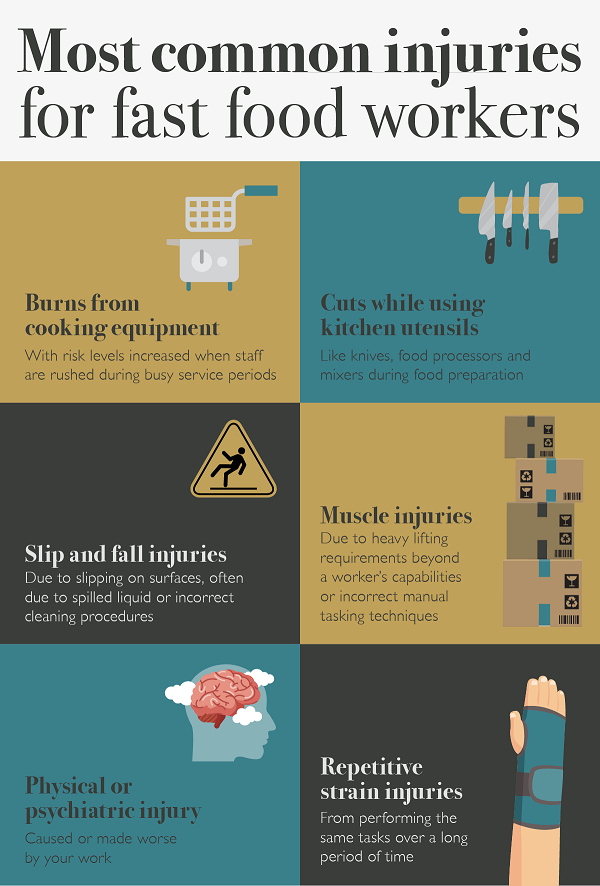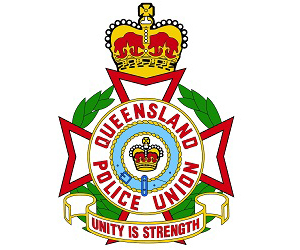By: Melinda Lovell
Sciaccas Lawyers are proud to provide legal services to Emergency Services Workers. We offer a number of services free of charge and/or on a no win, no fee basis, depending on the nature of the claim and the prospects of success.
If a worker suffers an injury in the course of their employment, whether physical or psychological, they are entitled to lodge a statutory claim for WorkCover benefits.
We encourage workers to seek our advice prior to lodging their application with WorkCover to give themselves the best chance of having their claim accepted.
A WorkCover claim will be accepted if the injured worker can establish that:
- They are a worker;
- They have suffered a personal injury; and
- Their work was a significant contributing factor to that injury.
The Reasonable Management Action Exception
For claims involving psychological injuries, it is also necessary to establish that the injury has not arisen out of reasonable management action taken in a reasonable way.
The difficulty with psychological injuries is articulating the precise cause of the injury. More often than not, psychological injuries arise out of a series of events accumulated over a period of time. This ultimately allows WorkCover to utilise the exception of ‘reasonable management action’ in order to reject the claim.
It is important that workers do not list issues if they are not directly causative of their injury. This gives WorkCover less opportunities to reject the claim based on the reasonable management action exception. We strongly encourage workers contact us and seek our advice and assistance in navigating this difficult area of law.
Review to the Workers’ Compensation Regulator
If the application is rejected by WorkCover, we can assist workers in applying for a review of their decision to the Workers’ Compensation Regulator. Sciaccas Lawyers will obtain and examine the member’s WorkCover file and advise the worker of their prospects of success in overturning that decision.
We note that workers have three months to lodge this review.
If a WorkCover claim is accepted, the injured worker is entitled to receive payments for time off work and for medical expenses until their injury is deemed to be ‘stable and stationary’. Subsequently, the worker may receive a Notice of Assessment from WorkCover containing an offer of lump sum compensation based upon their degree of permanent impairment (DPI).
The following case study is an example of where we have acted on behalf of a worker with respect to reviewing a rejected WorkCover decision for a psychological injury:
Case Study
Sciaccas Lawyers was contacted by a worker who was suffering significant psychological distress in the workplace. The worker was subject to ongoing bullying by his superiors over a number of years and became suicidal. However, a lot of the bullying was occurring ‘behind closed doors’ and was witnessed by very few people. This worker was forced to take sick leave and the medical certificate stated that he could not return to work for a long period of time. This worker proceeded to make an application for compensation to Workcover Queensland for a psychological injury, which was subsequently rejected as none of the bullying events could be substantiated, and that the actions by his superiors were found to be ‘reasonable management action’.
We reviewed this decision to the Workers’ Compensation Regulator. During this process, we gathered witness statements and sought medical opinion in order to evidence that the nominated events had in fact taken place as described by the worker. We further submitted that there was a clear breach of several workplace policies and that management had acted unreasonably.
The application for review was successful and the original decision of WorkCover Queensland was overturned. The worker was then able to access the psychological assistance they needed as well as receive weekly compensation for lost wages.
We are now also investigating this worker’s rights to bring a common law claim.
The New Bill
The Workers’ Compensation and Rehabilitation and Other Legislation Amendment Bill 2020 (the Bill) introduces presumptive workers’ compensation laws for first responders diagnosed with PTSD.
Under the new laws, workers who are struggling to cope with PTSD will not have to prove their work is a significant contributing factor to their injury – it will automatically be presumed.
This new change in law will be highly beneficial for workers struggling with PTSD, as previously, workers would be put through significant delays and unnecessary investigations in order to prove their PTSD was work related. For workers who do not have a psychiatrist’s diagnosis to support their claim, this will be arranged and funded by WorkCover. The revised approach is designed to make it easier for first responders to come forward and seek treatment early.
The changes to Queensland legislation are a step in the right direction for first responders exposed to trauma and will provide an alternative claim pathway for workers struggling to cope with PTSD. The new legislation essentially reverses the onus of proof away from the worker and promotes an earlier acceptance of claims.
The bill was assented to on 20 May 2021.
Common Law
When a worker receives the Notice of Assessment, Sciaccas Lawyers provide a further service in assessing whether the worker has reasonable prospects of success in a common law claim. Should Sciaccas consider there are reasonable prospects, we will act for the worker on a no win, no fee basis.
Other Services Offered
Sciaccas Lawyers continue to provide a no win, no fee service for members who suffered a personal injury in a motor vehicle accident.
We further provide a no win, no fee service for total and permanent disablement (TPD) claims.
Sciaccas Lawyers strive to provide professional legal services to all workers and their families. Should any workers or their families have any queries relating to the services we can provide, please do not hesitate to contact us online or call us on 3867 8888 or 1800 658 525.












